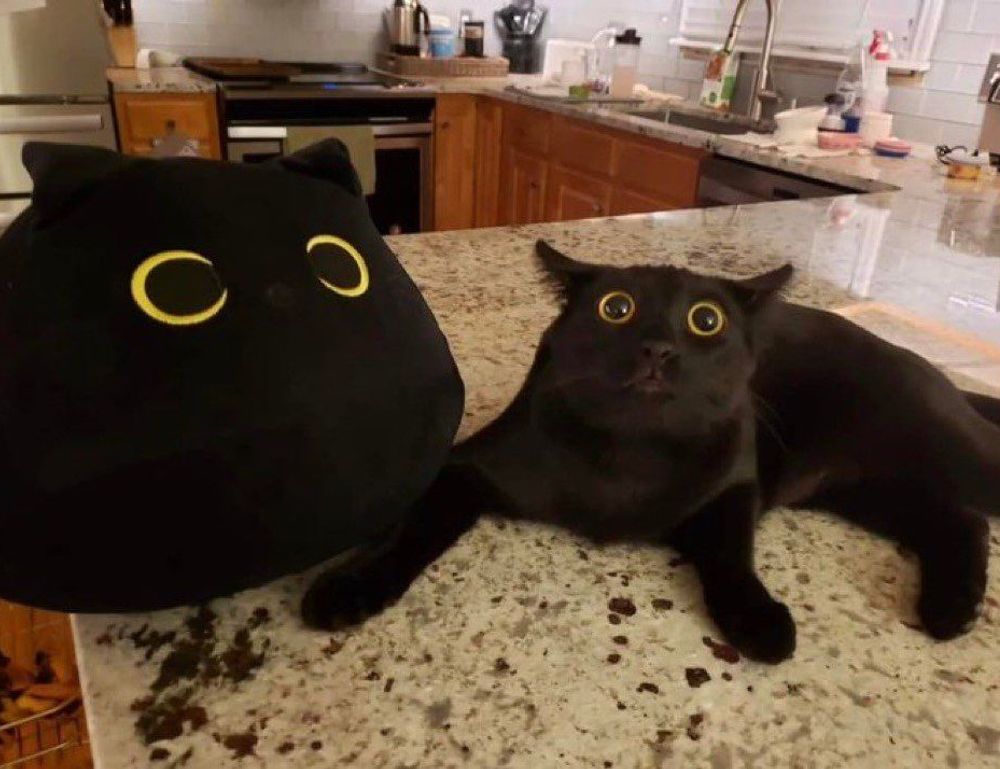What is 8043698068?
On the surface, 8043698068 looks like a standard phone number. It’s formatted like any regular U.S. number—threedigit area code, followed by a sevendigit sequence. The 804 area code itself is based in Virginia, covering cities like Richmond. That provides a clue, but not the full story.
This number has made its way into forums, complaint boards, and online search results. The common theme? Unknown or unwanted contact. Most people report missed calls, quick hangups, or no voicemail. Others flag it as a potential scam or robocall.
Robocalls and Spam: The Bigger Picture
If you’ve had a mystery call from any tendigit number, odds are it’s part of the growing wave of robocalls. In 2023, Americans received over 50 billion robocalls. Some are lawful—telemarketers, surveys, political campaigns—but many aren’t. Scammers spoof numbers to disguise their identities, sometimes even faking numbers from your local area code to appear trustworthy.
8043698068 might be part of this. Based on user reports, it seems to fit the robocall pattern—unexpected, brief, and with little to no context. The twist is that numbers like this aren’t always tied to real people or businesses. They’re often recycled, faked, or impossible to trace directly.
How to Handle Unknown Numbers
If you get a call from a number you don’t recognize, slow down before answering. Not all unknown numbers are dangerous—but it’s smart to be cautious.
Here’s a quick strategy: Don’t answer if the number looks unfamiliar, especially if it doesn’t leave a voicemail. Google it. A simple search can show whether others have encountered the same number. This is often how people discover patterns with numbers like 8043698068. Report the number on platforms like the FTC’s Do Not Call registry or scam detection websites. Your experience helps others spot trends. Block the number if you continue receiving annoying or suspicious calls. iPhone and Android phones have builtin tools for this.
Signs of a Scam Call
Sometimes, you do pick up. Maybe you’re curious or you’re waiting on an important call. Here’s what to watch for: A pause or delay when you answer Recorded voices (robocalls) Urgent scare tactics (“Your account will be closed unless…”) Promises that seem too good (“You’ve won first prize!”)
If you get anything remotely fishy, hang up. Don’t press a number to connect or remove yourself. That just signals you’re an active target, and you might receive more calls.
Tools You Can Use
You’re not defenseless. There are apps and settings that help: Callblocking apps like Hiya, RoboKiller, and Truecaller identify and block known spam calls. Carrier tools from Verizon, AT&T, and TMobile often provide free or premium features for robocall protection. iPhones (iOS 13+) and Androids have “Silence Unknown Callers” options. Calls go straight to voicemail unless they’re from someone in your contacts or found in recent emails/messages.
When It’s Not a Scam?
In some rare cases, numbers like 8043698068 may be tied to real businesses. For instance, companies may use thirdparty systems to make calls and the displayed number may differ from their official contact lines. Sometimes it’s a debt collector, customer feedback service, or automated appointment reminder.
Still, legitimacy or not, unsolicited calls without identification raise trust issues. If a number is legitimate, you should expect a voicemail, a followup via email, or clear caller ID.
Final Thoughts on 8043698068
We may never know the full story behind 8043698068, but we know one thing: you’re not the only one seeing it. Whether it’s a recycled number used for calls or just an example of many suspicious digits, it pays to keep your guard up.
If you keep a disciplined approach—don’t react impulsively, don’t share personal info, and use the digital tools at your disposal—you can avoid getting pulled into scams or wasting time. Stay smart, stay sharp, and let weird numbers go to voicemail.


